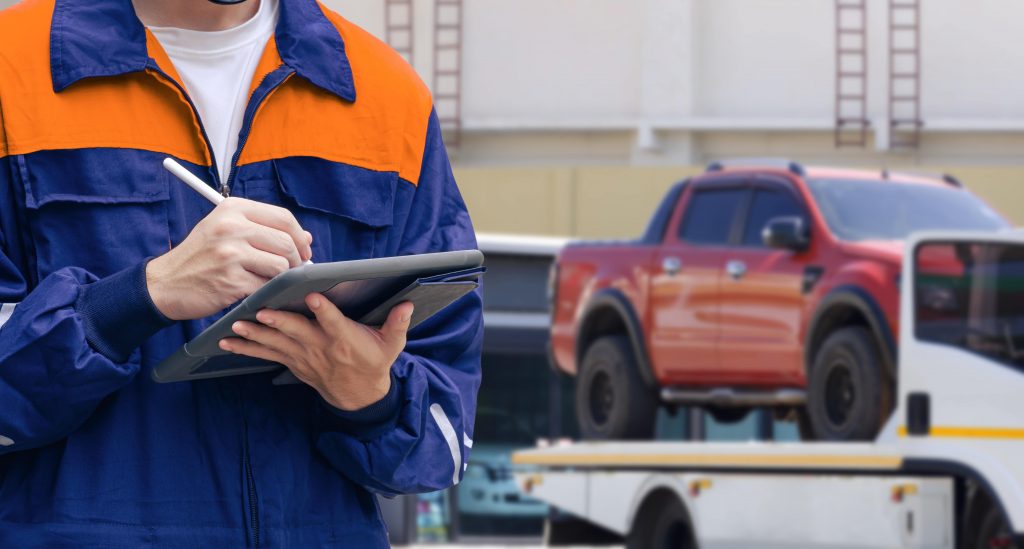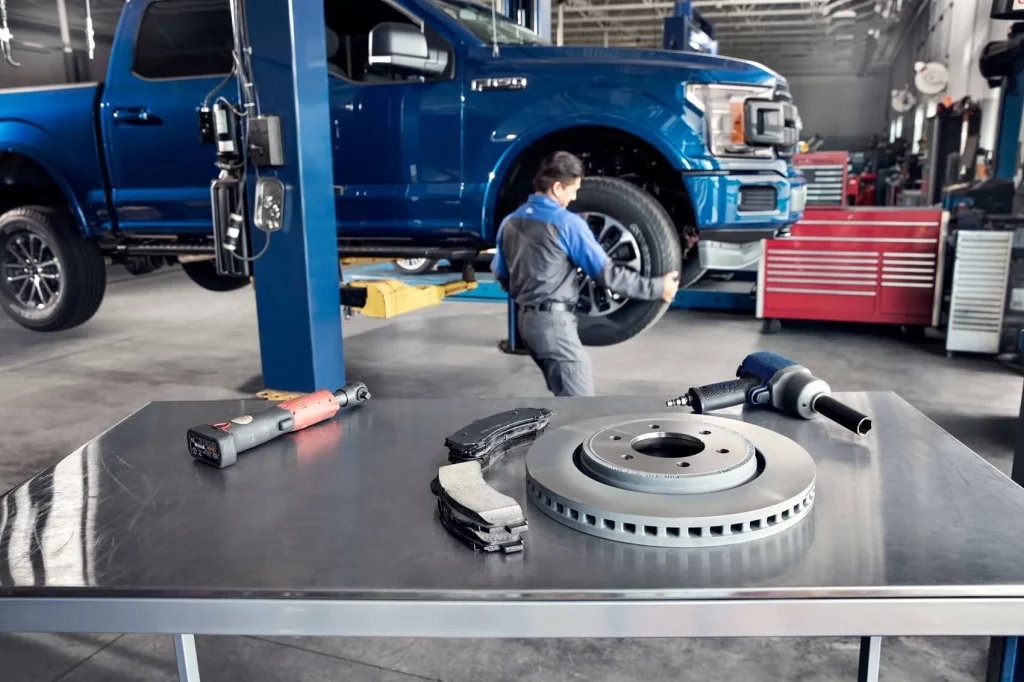 When purchasing salvage trucks online, inspection services play a crucial role in ensuring the safety, quality, and value of the vehicle. By engaging professional inspection services, buyers can mitigate risks associated with hidden issues, and make informed decisions. This guide covers the importance of inspection services, the types of inspections available, how to choose the right inspection provider, and the inspection process for online salvage truck purchases.
When purchasing salvage trucks online, inspection services play a crucial role in ensuring the safety, quality, and value of the vehicle. By engaging professional inspection services, buyers can mitigate risks associated with hidden issues, and make informed decisions. This guide covers the importance of inspection services, the types of inspections available, how to choose the right inspection provider, and the inspection process for online salvage truck purchases.
Key Takeaways
- Inspection services are essential for verifying the safety and condition of salvage trucks purchased online.
- Professional inspections help in identifying hidden issues that may not be visible in online listings.
- Choosing a reputable and experienced inspection provider is crucial for a thorough assessment of the vehicle.
- The inspection process includes scheduling, conducting, and receiving a detailed inspection report.
- Document verification is a key aspect of the inspection process to ensure the legitimacy of the vehicle’s paperwork.
Importance of Inspection Services
Ensuring Vehicle Safety
When purchasing a salvage truck online, the paramount concern is the safety of the vehicle. Inspection services play a critical role in verifying that every truck meets safety standards before it’s put back on the road. These services scrutinize various safety components, such as the brakes, lights, and steering system, in order to ensure that they function correctly.
- Brakes: Check for wear and functionality
- Lights: Ensure all are operational
- Steering: Verify integrity and responsiveness
When purchasing a salvage truck online, it’s crucial to uncover any issues that aren’t immediately apparent. Inspection services play a pivotal role in identifying hidden problems that could lead to costly repairs, or safety hazards down the line.
These issues may range from electrical system faults to structural weaknesses that aren’t visible to the untrained eye.
A thorough inspection can reveal discrepancies between the seller’s description and the vehicle’s actual condition, providing a more transparent understanding of what you’re buying.
Hidden issues often discovered during inspections include:
- Undisclosed water damage.
- Frame damage from previous accidents.
- Corrosion and rust that compromise structural integrity.
- Tampered odometers.
- Non-functioning components that are essential for operation.
Detecting these problems early can save a buyer from future headaches and financial strain. It’s an investment in peace of mind, ensuring that the truck you’re considering is worth the asking price and won’t lead to unexpected surprises.
Determining Value
Understanding the true value of a salvage truck is crucial before making a purchase. Inspection services play a pivotal role in this determination, providing a professional assessment that can influence the final decision. The value is not only determined by the current condition of the truck, but by its potential post-repair value.
Factors such as make, model, year, and market demand are considered alongside the cost of repairs needed. Here’s a simplified example of how value might be assessed:
| Factor | Condition | Impact on Value |
|---|---|---|
| Make & Model | Popular & High Demand | Increases Value |
| Year | Newer Model | Increases Value |
| Damage | Extensive Structural | Decreases Value |
| Repairs | High-Cost | Decreases Value |
The goal of an inspection is not just to identify the current state of the truck, but to provide a clear picture of its worth. An accurate valuation helps buyers negotiate better and avoid overpaying.
Types of Inspection Services
Physical Inspection
A physical inspection is a crucial step in assessing the condition of a salvage truck before finalizing a purchase. Inspectors will meticulously examine the truck’s exterior and interior, looking for any signs of damage, wear, or previous repairs that may not be immediately apparent in photos or descriptions online.
- Body condition: Check for rust, dents, and scratches
- Paint quality: Look for mismatched colors or overspray.
- Glass elements: Ensure there are no cracks or chips.
- Tires and wheels: Assess tread depth and check for alignment issues.
- Interior assessment: Evaluate the condition of the seats, dashboard, and electronic functions.
The goal of a physical inspection is not only to verify the truck’s current state but also to uncover any potential issues that could lead to costly repairs down the line. It’s an investment in peace of mind, ensuring that you are fully aware of what you’re buying.
Choosing a provider with a keen eye for detail and a comprehensive checklist is essential. This ensures that no stone is left unturned, and you receive a thorough report on the truck’s physical condition, which is indispensable for making an informed decision.
Mechanical Inspection
A mechanical inspection delves into the truck’s operational aspects, assessing the engine, transmission, brakes, and other mechanical systems. This inspection is crucial to ensure that the truck is mechanically sound and safe to operate.
- Engine performance and potential issues.
- Transmission condition and functionality.
- Brake system effectiveness.
- Steering and suspension systems integrity.
- Exhaust system compliance.
Mechanical inspections can reveal problems that are not visible to the naked eye, such as internal engine wear or hidden damage to the transmission. It’s an essential step in evaluating the true condition of a salvage truck before making a purchase.
The results of a mechanical inspection can significantly influence the decision to buy a salvage truck. It provides a clear picture of any repairs, or maintenance that may be required, allowing a more informed investment.











